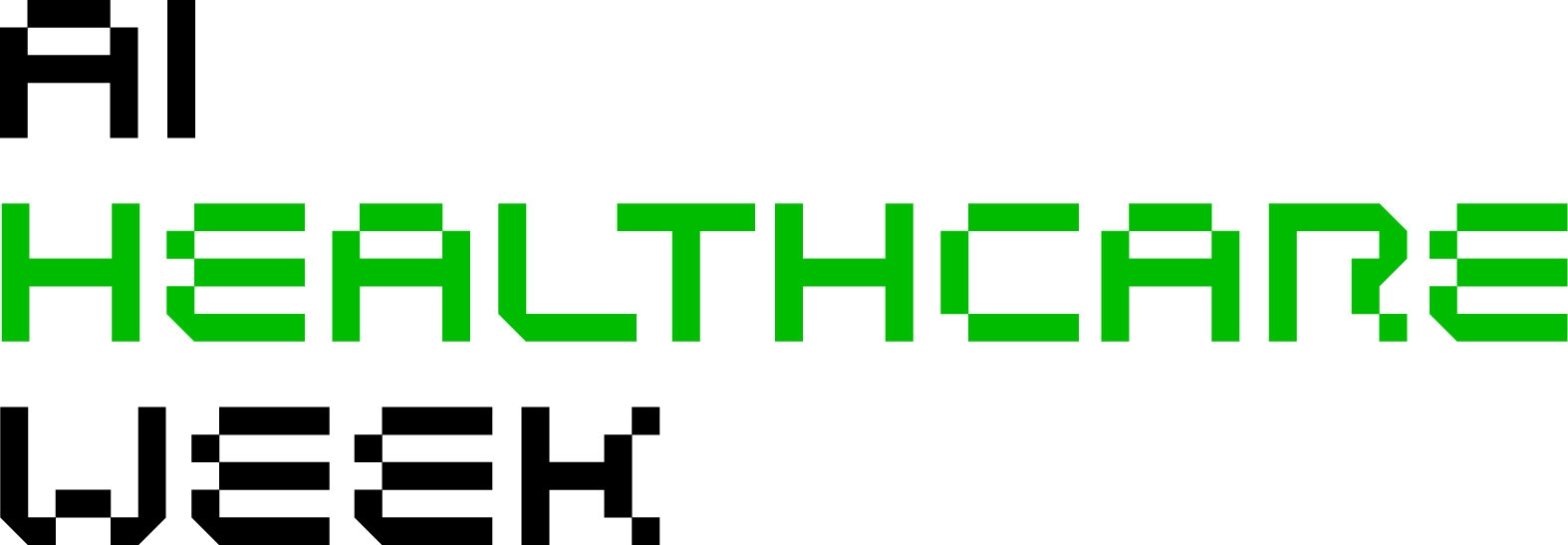Transforming Healthcare Data with AI-Driven Intelligence
The integration of Self-Supervised Learning (SSL) into Electronic Health Records (EHRs) marks a paradigm shift in clinical data analytics. Traditional machine learning models rely on extensive labeled datasets for training, which is often a bottleneck in healthcare due to data privacy, complexity, and resource-intensive annotation processes. SSL mitigates these challenges by autonomously extracting patterns from unlabeled patient records, enabling predictive analytics, disease progression modeling, and personalized treatment strategies.
Revolutionizing Data Utilization in EHR Systems
EHRs house vast repositories of structured and unstructured medical data, including clinical notes, imaging records, lab results, and prescription histories. The challenge, however, lies in effectively structuring this data for real-time decision support. Self-supervised models leverage advanced transformer architectures, contrastive learning techniques, and masked modeling strategies to uncover correlations that remain latent in traditional supervised frameworks.
Key Advantages of SSL in Healthcare Data Analytics
-
Automated Feature Engineering – SSL models autonomously detect latent variables within EHRs, eliminating the need for manual labeling and preprocessing.
-
Enhanced Predictive Performance – By learning from unlabeled clinical datasets, SSL improves risk stratification for conditions such as chronic diseases, cardiovascular events, and sepsis onset.
-
Scalability & Generalization – Unlike supervised learning models constrained by annotated datasets, SSL ensures cross-institutional adaptability, making AI-driven insights applicable across diverse patient populations.
-
Data Privacy Preservation – Since SSL does not rely on explicit annotations, it minimizes direct exposure to sensitive patient information, aligning with HIPAA, GDPR, and other regulatory frameworks.
-
Cost-Efficient AI Deployment – Healthcare institutions can leverage existing patient data without the overhead costs of human annotation, accelerating clinical AI adoption.
Applications of SSL in EHR-Based Healthcare Intelligence
- Disease Progression Modeling – Predicting longitudinal health trajectories by analyzing patterns in multi-year patient records.
- Clinical Decision Support Systems (CDSS) – Augmenting real-time diagnostics through self-supervised AI models trained on unlabeled data.
- Personalized Treatment Recommendations – Mapping patient history against AI-derived phenotype clusters to tailor interventions.
- Medical Imaging Interpretation – Enhancing radiology workflows by refining computer vision models with self-supervised learning.
Future Implications & Industry Adoption
Healthcare AI leaders, including Epic Systems, Cerner, and IBM Watson Health, are actively integrating SSL methodologies into their EHR analytics pipelines. The adoption of multi-modal self-supervised learning—where textual, imaging, and structured data sources are combined—will define the next frontier of clinical intelligence.
To drive industrial-scale adoption, hospital networks, research institutions and AI healthcare startups must align their data infrastructures with SSL-driven models, ensuring interoperability and regulatory compliance. As AI in healthcare evolves, self-supervised learning stands as a cornerstone technology, unlocking the full potential of EHRs for precision medicine and population health management.


